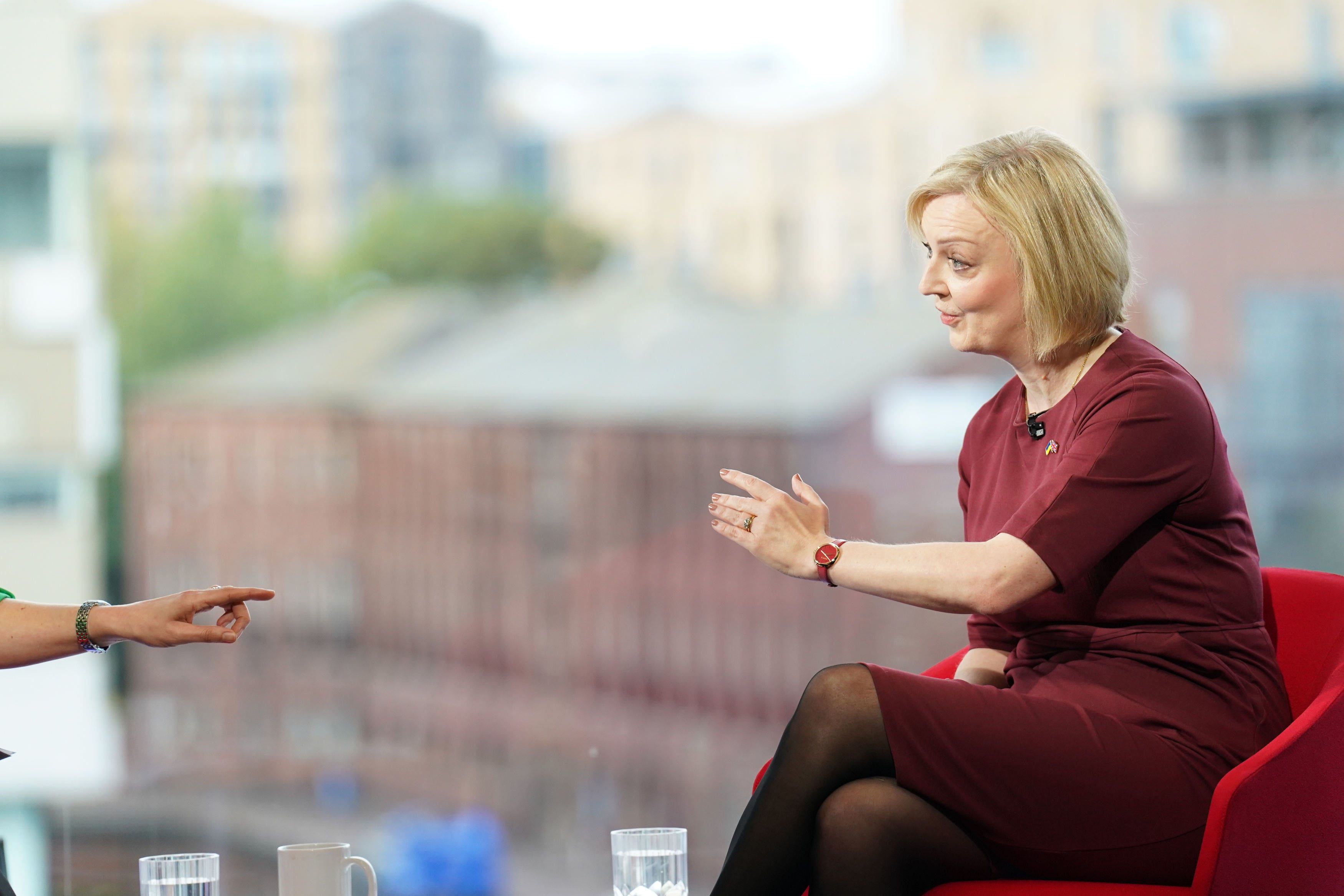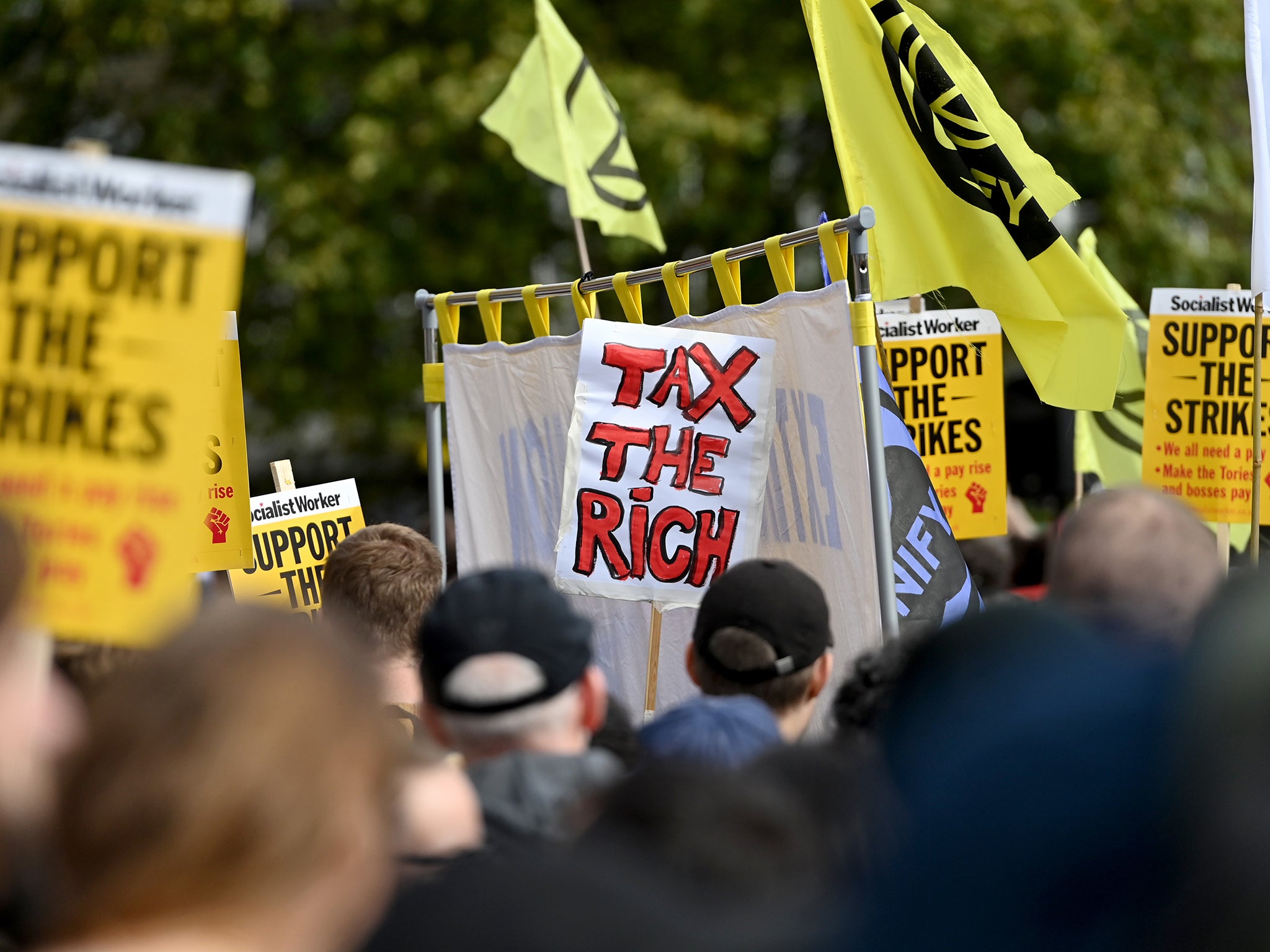
500,000 people have signed the petition demanding an early general election in the wake of a tumultuous week for prime minister Liz Truss.
Parliament considers all petitions that reach 100,000 signatures- this threshold was reached two days ago which means this matter will now be debated in parliament.
According to the petition page, the organisers are waiting for a debate date to be decided.
The petition was launched before Kwasi Kwarteng’s mini-Budget on Friday, which subsequently prompted the pound to drop to a record low against the dollar and later prompted a rare intervention from the IMF and the Bank of England.
“The chaos engulfing the UK government is unprecedented,” petition organiser Darrin Charlesworth said.
“War rages in Ukraine; the Northern Ireland Protocol has further damaged our relationship with Europe; recession looms; the UK itself may cease to exist as Scotland seeks independence. This is the greatest set of challenges we have seen in our lifetimes,” the organiser added before calling for the public to decide “who leads us through this turmoil”.

On Sunday morning, Ms Truss admitted she should have “laid the ground” better about the government’s mini-Budget after the dramatic market turmoil.
She told the BBC’s Sunday with Laura Kuenssberg: “I’m afraid there is an issue that interest rates are going up around the world and we do have to face that.”
“But I do want to say to people I understand their worries about what has happened this week.”
She added that she does “stand by the package” as well as how quickly it was announced, saying, “we had to act”.
Acknowledging her mistakes, she said: “But I do accept we should have laid the ground better… I have learnt from that and I will make sure that in future we do a better job of laying the ground.”
It comes as nationwide protests took place on Saturday as thousands took to the streets to rally against cost of living crisis and the energy price cap hike that came into effect on Saturday.

When pressed about how the government’s fiscal package will help households suffering, the prime minister refused to commit to increasing welfare benefits in line with inflation but said she is “absolutely committed” to pressing ahead with the abolition of the top rate of income tax for the rich.
Asked about market turmoil – which saw the pound tumble and traders dump government bonds – Ms Truss pointed to Russia’s invasion of Ukraine and the impact of the Covid pandemic.
“This is a global problem. You have got [Vladimir] Putin’s war in Ukraine, the aftermath of Covid. What is happening around the world is that interest rates are rising.”

In Birmingham for the start of the Tory conference, Ms Truss warned rebel MPs that she will not change course – telling them the “status quo isn’t an option”.
Ms Truss said she remained “absolutely committed” to abolishing the 45p income tax rate for the rich – but refused to commit to increasing benefits in line with inflation.
“This is something the work and pensions secretary is looking at the moment, so she will make a determination on that and we will announce that this autumn,” she said.







